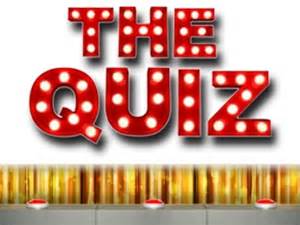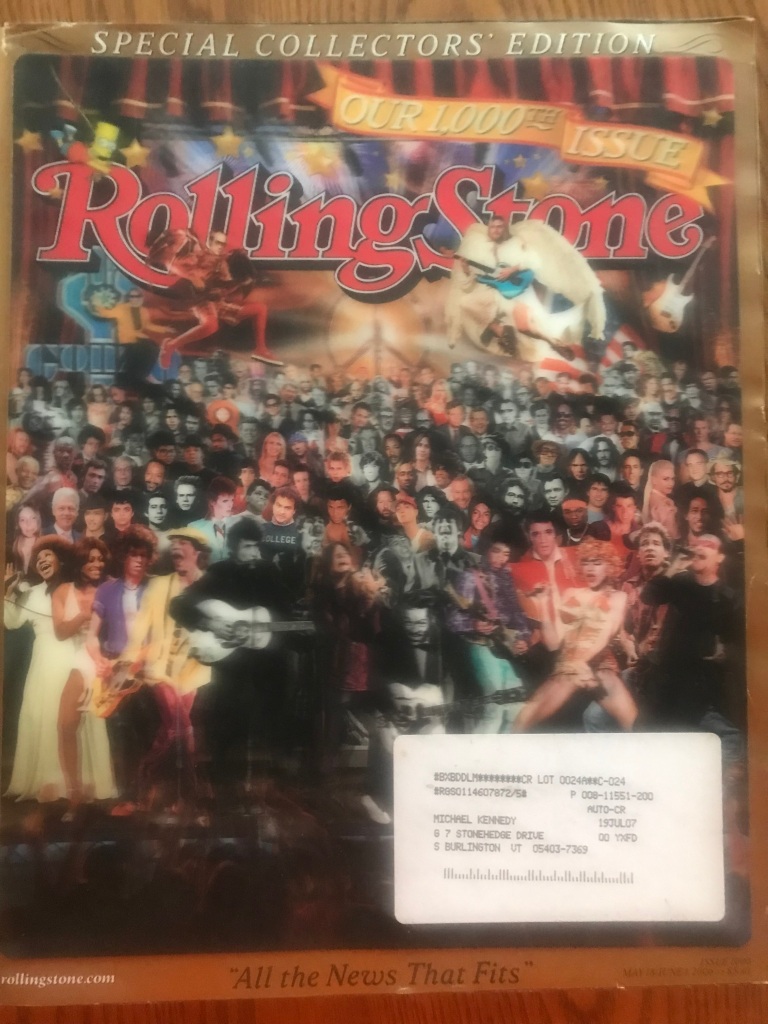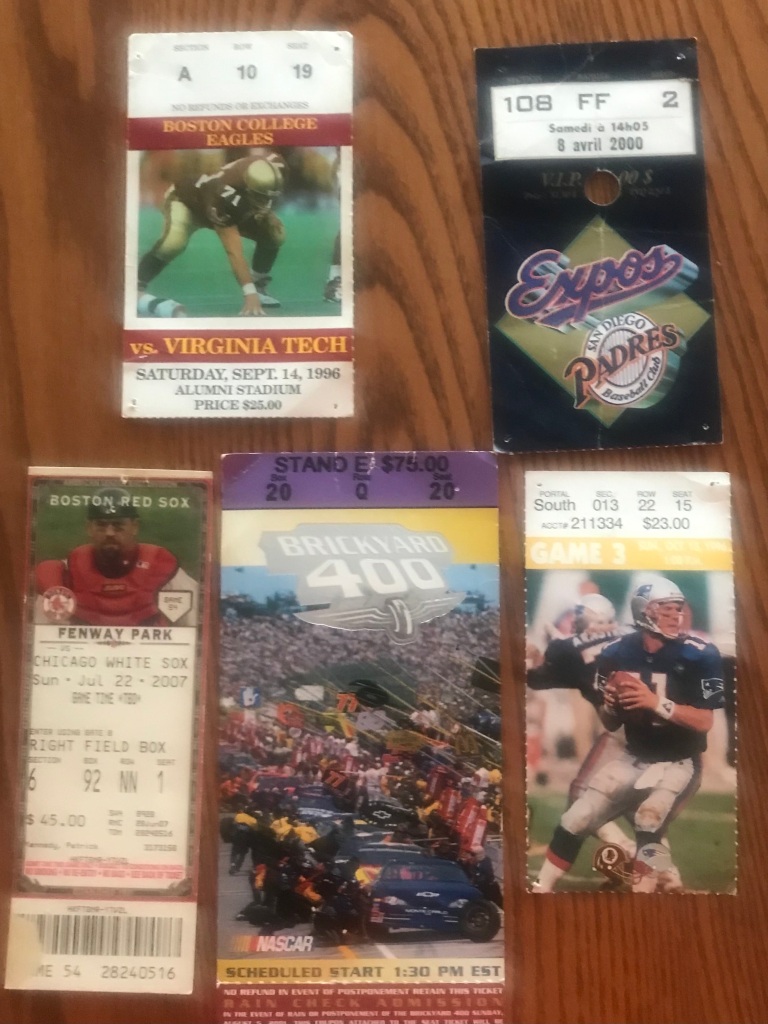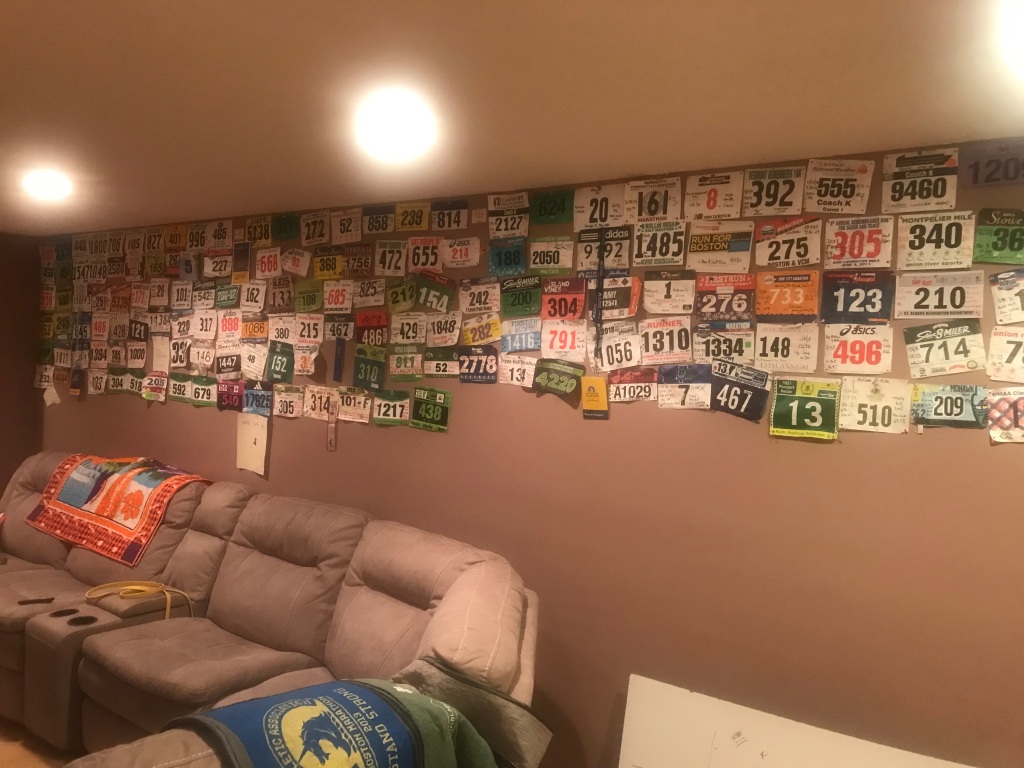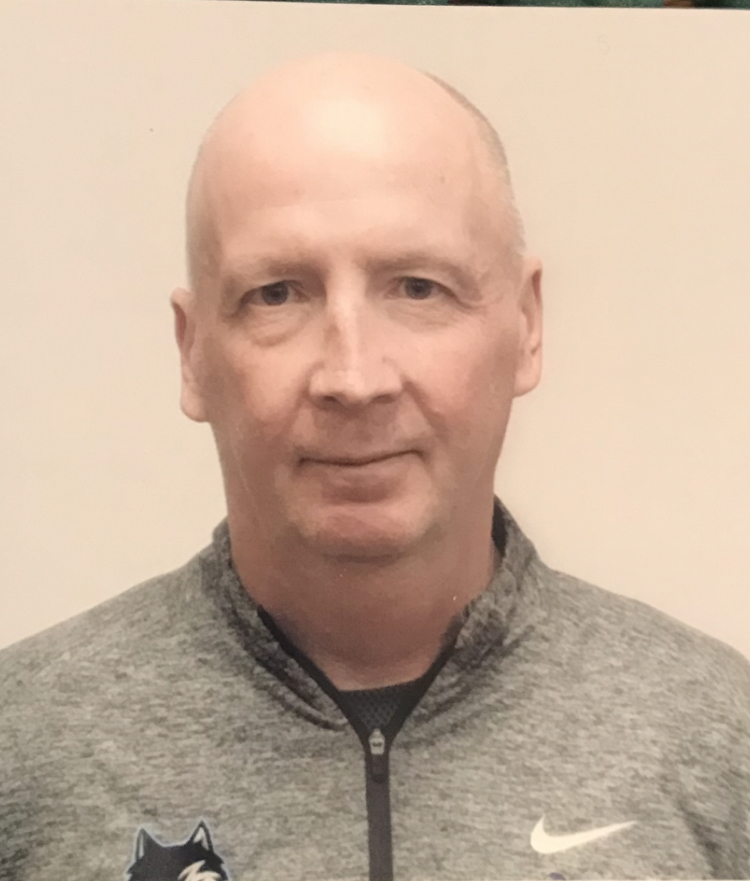Happy Monday!
While I’d prefer it to remain so the entire day, I savor the bright sunny mornings that we know will soon give way to rain. No – that wasn’t a metaphor. Merely an observation based on the fact of the forecast.
Friday’s questions are here. The answers follow today’s Honor Roll. Kudos to The First Brother for using Question 5 as motivation to watch the top 3 the ABA’s list of the 25 Greatest Legal Movies of All-Time.
For those of you following the Karen Read trial, buckle up! The cross-examination of Brian Albert could get interesting. Will today be when the so-called “third party culprit” defense kicks into overdrive?
Finally, a special welcome to the Honor Roll to two judges: Jack Lu, retired justice of the Massachusetts Superior Court, and, for the first time as sitting judge, the Honorable Susan McManus!
Honor Roll
- Karen Allen, Karen Allen Law
- Penny Benelli, Dakin & Benelli
- Beth DeBernardi, Administrative Law Judge, Vermont Department of Labor
- Benjamin Gould, Paul Frank + Collins
- Robert Grundstein
- Glenn Jarrett, Jarrett/Hoyt
- Keith Kasper, McCormick Fitzpatrick Kasper & Burchard
- Douglas Keehn, Assistant Attorney General, Medicaid Fraud & Residential Abuse Unit
- Patrick Kennedy, The First Brother, AI Network Engineer, Amazon Web Services
- John T. Leddy, McNeil Leddy & Sheahan
- Honorable Jack Lu, Retired Associate Justice, MA Superior Court
- Jack McCullough, Project Director, Mental Health Law Project, Vermont Legal Aid
- Honorable Susan McManus, Vermont Superior Judge
- Jeffrey Messina, Flynn Messina Law
- Hal Miller, First American Title Insurance Company (and the shores of SoCal)
- Patrick Olmstead, Patrick Olmstead Law
- Jonathan Teller-Elsberg, Staff Attorney, New Hampshire Legal Assistance
- Jason Warfield, Jason Warfield Family Law & Mediation
- Peter Young, General Counsel, Vermont Rail System
ANSWERS
Question 1
If continued representation of a client will result in a violation of the Rules of Professional Conduct, a lawyer ___________.
- A. must withdraw from the representation. V.R.Pr.C. 1.16(a)(1).
- B. may withdraw from the representation.
- C. must abide by the client’s decision as to whether the lawyer should withdraw from the representation.
- D. B or C.
Question 2
Which is in a different rule than the others?
- A. whether to settle a civil claim.
- B whether to accept a plea offer in a criminal case.
- C. whether to testify in a criminal case.
- D. whether two matters are the same or substantially related.
Options A, B, and C are part of Rule 1.2, the rule that addresses the allocation of decision-making authority between lawyer and client. Option D is in Rule 1.9(a), the rule that sets out a lawyer’s duties to former clients.
Question 3
Lawyer contacted me with an inquiry. I listened, then responded:
- “The rule says that you can’t do so unless the client gives informed consent or unless doing so is impliedly necessary to carry out the representation.”
Given my response, Lawyer and I were discussing the rule that prohibits a lawyer from doing what unless one of the exceptions is present?
Disclosing (otherwise confidential) information relating to the representation of the client. See, V.R.Pr.C. 1.6.
Question 4
When a lawyer decides to leave a law firm to join another, which is most accurate?
- A. There is no duty to provide advance notice to the law firm.
- B. Two weeks’ notice is the generally accepted minimum.
- C. Four weeks’ notice is the generally accepted minimum.
- D. The reasonableness of the notice provided will depend on the specific circumstances. See, this blog post.
Question 5
I’ve used this question before. I’ve also used it during multiple live quizzes and seminars. Alas, it’s one of my favorite questions, I failed to search for a good Question 5 during the week, and I don’t have the time to search for one now. So, here goes nothing.
In 2019, the ABA updated its list of the 25 Greatest Legal Movies of All-Time. Two of the top 3 are set in the same state.
Name the state and the two movies.
The state? Well, as Walker Hayes sings, “just tryna keep my wife, from figuring out, that I married up, and she married way, way down in Alabama where they love Nick Saban.” The movies are To Kill a Mockingbird and My Cousin Vinny. The entire list is here.


